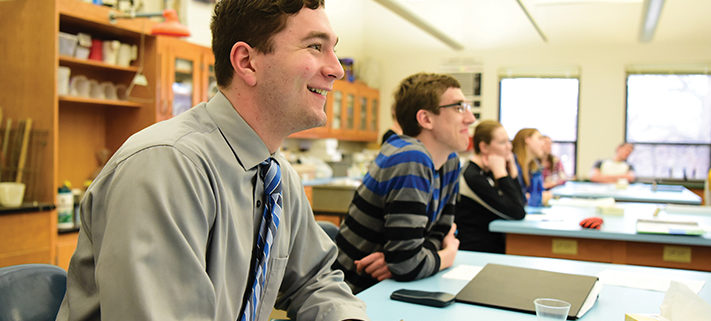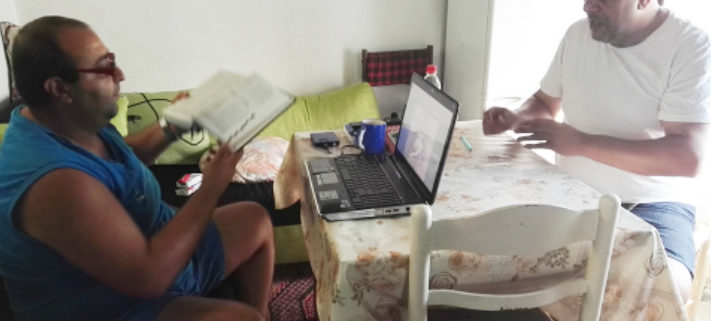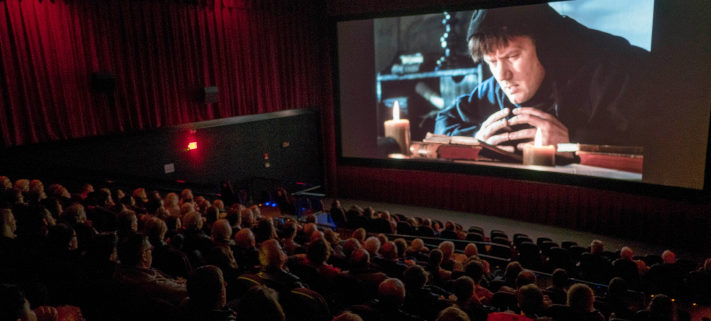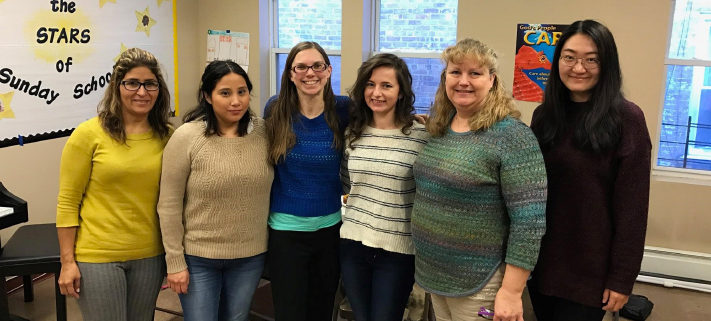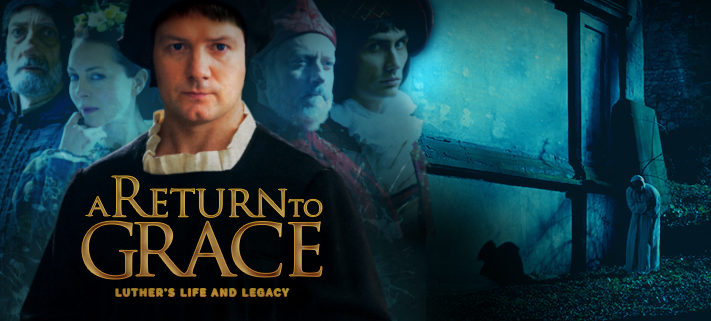A new way to support MLC students
A new program is allowing congregations to further support sons and daughters of the congregation who are studying at Martin Luther College (MLC), New Ulm, Minn., to be WELS’ future called workers.
The Congregational Partner Grant Program started as a pilot project during the 2016–17 school year. Through the program, congregations could give grants up to $1,000 to freshmen at MLC; MLC then matched the grant, doubling the assistance given to students. More than 78 congregations participated, supporting 108 incoming first-year students—more than half of the freshmen class.
St. Paul, Onalaska, Wis., already had a scholarship program set up to provide help for ministerial education students from the congregation. The grant program allowed money for the four freshmen from the congregation to be doubled. Norris Baumann, one of the pastors at St. Paul, says it also gave the pastors an opportunity to remind the congregation about supporting these students. “Communicating with the congregation about these students and praying for them is important,” he says. “[We need] to highlight these special future servants—make the congregation aware of these gifts, because these students are gifts!”
Jeremy Fluegge, a member at St. Paul’s who is at MLC studying to be a pastor, appreciates the congregation’s support—both monetarily and spiritually. “The pastors and members of St. Paul’s are always inquisitive concerning my studies at MLC. They genuinely are excited for my progress and continued success,” he says. “It’s helpful to know that other Christians are praying for you and hoping for the best for you. It’s truly difficult to put into words what it means to hear that my fellow members of the holy Christian church have my back as I prepare to bring the gospel to all nations.”
Making that personal connection to students is an important reason the grant program was started, according to Mike Otterstatter, vice president of mission advancement at MLC. “It’s one thing to give to worker training; it’s a whole other thing to give to worker training and have it connected to a face and a name of a kid who maybe you saw baptized as an infant and grow up over the past 18 years. It just makes it so personal.”
Otterstatter says he still feels that personal connection to the congregation in which he grew up—Christ, Eagle River, Wis.—whether it was through money the church sent to help him with his school payments or the support he received when preaching his first sermon there or the continued shared memories when he visits while on vacation. “I have fond memories of that support from my brothers and sisters in the faith—those people who treated me like theirs for all those years. That’s the love and connection and the beauty of our little WELS world.”
For the 2017–18 school year, the Congregational Partner Grant Program will also include sophomores. The hope is that eventually it will be open for all students—just another way to help reduce their debt upon graduation.
Learn more about the Congregational Partner Grant Program by watching this month’s episode of WELS Connection or by visiting mlc-wels.edu/go/cpgf.
Encouraging future called workers
With a large Lutheran elementary school connected to the church and an area Lutheran high school close by, St. Paul, Onalaska, Wis., has many opportunities to encourage its young people to consider the ministry. Next school year, 14 members will be attending Martin Luther College, and 1 will be attending Wisconsin Lutheran Seminary. “We are a blessed congregation,” says Norris Baumann, pastor at St. Paul, “and we felt we needed a program to support these students.”
The congregation set up a scholarship fund seven years ago to help these students with college tuition. It also sends gift cards for gas, food, and other expenses at Christmastime for that mid-year boost.
But these aren’t the only ways the congregation supports these future called workers. The congregation offers the students ways to get involved when they come home—whether it’s through playing music in church on the weekends, participating in early field experience at St. Paul’s Lutheran School, or reading the Scriptures during Sunday services. Baumann says these activities not only help train the students but also make them visible in the congregation. “They’re the future shepherds, teachers, and staff ministers of our church body. We need to support them.”
SUBMIT YOUR STORY
Do you have a manuscript, idea, or story from your own life you’d like to share for use in Forward in Christ or on wels.net? Use our online form to share it to our editorial office for consideration.
SUBSCRIBE TO FORWARD IN CHRIST
Get inspirational stories, spiritual help, and synod news from Forward in Christ every month. Print and digital subscriptions are available from Northwestern Publishing House.
Author:
Volume 104, Number 5
Issue: May 2017
Copyrighted by WELS Forward in Christ © 2021
Forward in Christ grants permission for any original article (not a reprint) to be printed for use in a WELS church, school, or organization, provided that it is distributed free and indicate Forward in Christ as the source. Images may not be reproduced except in the context of its article. Contact us

